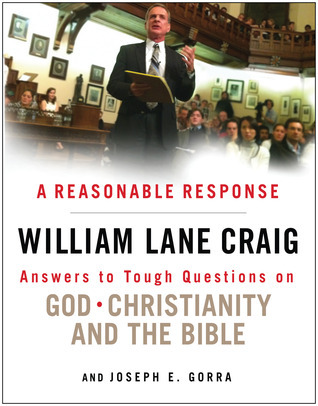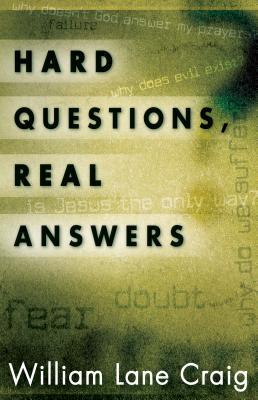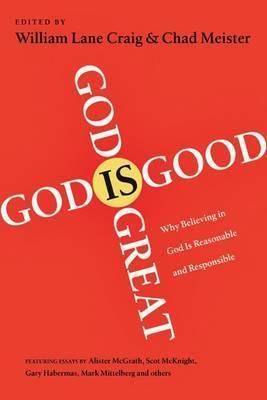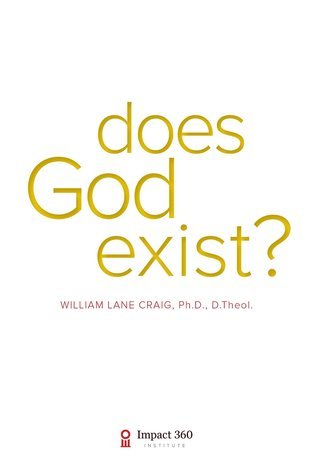
A Reasonable Response: Answers to Tough Questions on God, Christianity, and the Bible
Book Description
What if the answers to life's toughest questions could reshape your worldview? ‘A Reasonable Response’ invites you into a captivating journey through the core of faith, challenging doubts about God, Christianity, and the Bible. With insights that pierce through the noise, William Lane Craig skillfully navigates the most pressing quandaries. Each chapter unfolds like a cinematic revelation, revealing profound truths and sparking deep contemplation. Think you have all the answers? Prepare to have your beliefs tested in this thought-provoking exploration. What if the key to understanding lies in the questions you’ve never dared to ask?
Quick Book Summary
"A Reasonable Response" by William Lane Craig is a thoughtful exploration of the most challenging questions facing Christianity today. Addressing doubts and skepticism about God, Christianity, and the Bible, Craig responds with clarity, intellectual rigor, and pastoral sensitivity. The book presents his interactions with real questions from people wrestling with faith, blending philosophical reasoning with accessible explanations. Throughout, Craig seeks not merely to defend Christianity but to engage honestly with uncertainty, creating space for authentic dialogue. This book empowers readers to examine their beliefs, offering compelling arguments for faith while acknowledging the complexity and nuance of spiritual doubt. "A Reasonable Response" is a valuable resource for anyone who seeks to understand or articulate the foundations of Christian belief in a skeptical age.
Summary of Key Ideas
Table of Contents
Engaging Doubt and Uncertainty
Craig begins by recognizing that questions and doubts are an integral part of faith. Rather than dismissing skepticism, he welcomes honest inquiry as a sign of genuine engagement. Through real-life questions submitted by seekers and skeptics, the book demonstrates that Christian belief is not afraid of scrutiny. Craig models how to approach tough issues with humility, encouraging readers to confront their uncertainties rather than ignore them. He affirms that doubt can lead to deeper understanding, framing it as a companion to faith rather than its adversary.
Rational Foundations for Faith
The book explores how philosophy and reason can bolster religious belief. Craig draws from classical and contemporary arguments, such as the cosmological and moral arguments for God's existence, to show that faith in God is intellectually defensible. He explains complex ideas in accessible terms, enabling lay readers to grasp foundational principles. By engaging with both believers and skeptics, Craig illustrates that reason and faith can coexist and enrich one another, providing confident and coherent responses to life's deepest questions.
Understanding the Nature of God
A central theme is the nature and attributes of God. Craig addresses inquiries about God’s existence, omnipotence, goodness, and the problem of evil. He acknowledges the limitations of human understanding while presenting arguments meant to clarify misconceptions. The book shows how theological doctrines, like the Trinity or divine foreknowledge, can be approached logically and meaningfully. Craig’s responses encourage readers not just to accept doctrines passively but to engage critically and personally with the core tenets of Christianity.
The Reliability of the Bible
Questions about the reliability and authority of the Bible are tackled with historical and textual evidence. Craig walks through the reasons for trusting the New Testament documents, the transmission of biblical texts, and the plausibility of miracles and resurrection accounts. He details the intersection of faith and scholarship, arguing that belief in the Bible is not blind but informed by robust evidence. This section reassures those uncertain about scriptural reliability, advocating a thoughtful and measured approach to difficult passages and apparent contradictions.
Responding to Moral and Existential Questions
Finally, Craig responds to questions about morality, purpose, and the meaning of life. He evaluates how secular and theistic worldviews differ in their answers to ethical and existential dilemmas. The book makes the case for objective moral values grounded in God and invites readers to consider how Christian hope addresses issues of suffering and despair. By the end, Craig invites both Christians and skeptics into an ongoing, honest examination of faith that is as much about seeking as about finding answers.
Download This Summary
Get a free PDF of this summary instantly — no email required.





